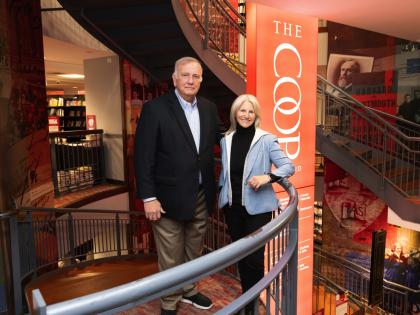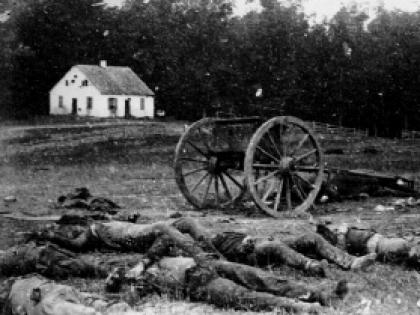What is a heterodox text like the Acts of Philip doing in an orthodox bastion like Mount Athos?
Religious literature flourished in the first centuries of the Christian era, Bovon explains. The organized church soon felt the need to distinguish among books that were canonical (divinely inspired), pious (useful for private reading), and apocryphal (theologically incorrect). By the sixth century, the Acts of Philip and similar texts about other apostles—which purported to relate their missionary activities—had been relegated to the disapproved list. Yet they retained an avid readership: even in the ninth century, Patriarch Photius of Constantinople was fuming that such works were full of “nonsense” and “contradictions.”
Some of the books’ popularity sprang from the fact that their protagonists were saints whose feast days demanded edifying tales of their accomplishments; religious art made use of scenes from their lives. In the Acts of Philip, for example, the apostle eventually converts to Christianity such unlikely candidates as a talking leopard and an equally eloquent goat. (Bovon—recalling Isaiah 11:6, in which the leopard lies down with the kid—suggests of this incident, “There are several levels on which we can read it. Redemption through Christ reaches not only humanity, but all creation.”)
The church, therefore, struck a practical compromise: manuscript copyists in metropolitan centers omitted heretical passages while transmitting the rest of the apocrypha to future generations; in remote monasteries like Mount Athos, on the other hand, libraries preserved the unexpurgated versions. “Monks tend to be solitary and quirky,” Bovon explains. “They may enjoy reading peculiar religious works.” He notes, for example, that the most famous of the Gnostic texts, the Nag Hammadi library, survived because they were copied by monks.
~P.H.D.







